NHS waits force patients to pay for private ops
- Published
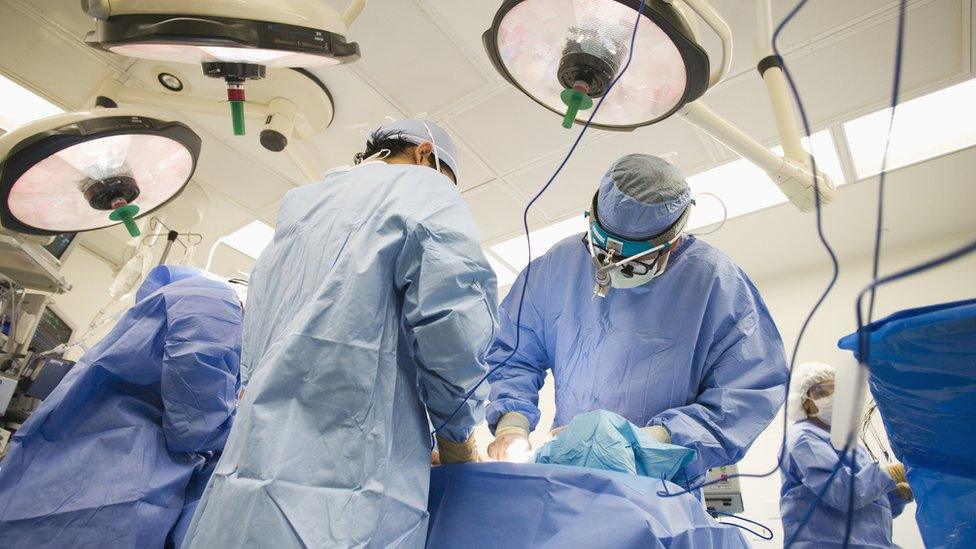
Long NHS waiting times appear to be pushing people into paying thousands of pounds for private treatment.
There were 69,000 self-funded treatments in the UK in the final three months of last year - a 39% rise on the same period before the pandemic.
Experts said it was a sign of how desperate people had become.
The BBC has seen evidence of people taking out loans and resorting to crowdfunding to pay for private treatment.
The figures from the Private Healthcare Information Network (PHIN) do not include those who have private insurance - instead they are the people paying the full cost of treatment themselves, leaving them liable for huge bills.
The numbers paying for care topped 250,000 last year.
For common operations like hip and knee replacements, the costs can top £15,000.
Patient groups warned there was a risk of a two-tier system being created, with the poorest losing out because they were the least likely to be able to afford to pay for treatment.

'I couldn't work so I took out a loan for op'
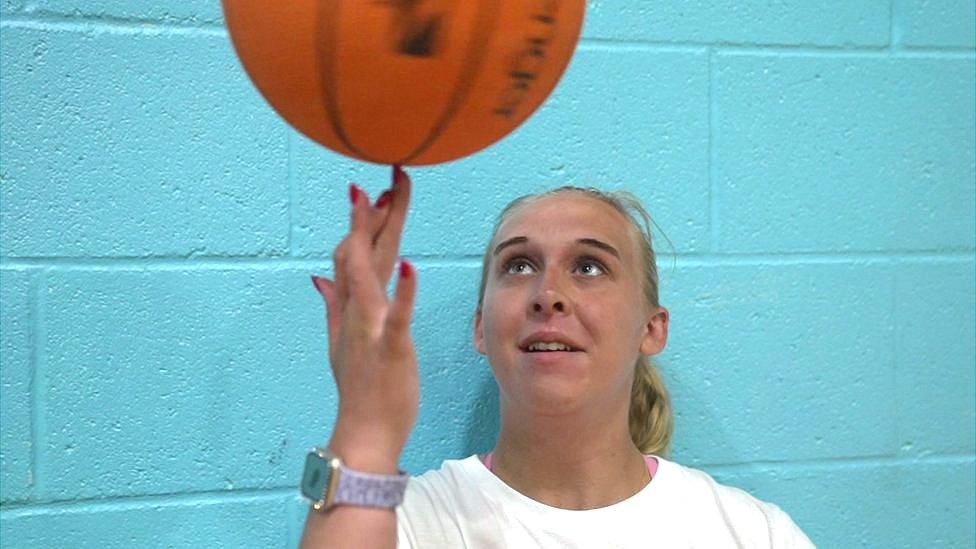
Katie was told she would have to wait up to two years for her operation
Katie Hopper, 19, had been struggling with knee problems for a number of years, but it got so bad this year she ended up effectively stuck in bed and unable to work.
She was suffering with dislocations, nerve pain and muscle spasms, which were preventing her working as an apprentice engineer or playing basketball, at which she competed at a high level.
"I was pretty much bedbound. I was feeling very isolated and very lonely. My mental health was definitely suffering," she said.
Katie was told it could be up to two years before she would get the treatment she needed on the NHS.
"I couldn't wait that long. I would have lost my job. It is a very active job and I couldn't do it."
In the end, she took out a loan to pay for the treatment to be done privately in April at Spire Southampton Hospital. It cost more than £7,000 with the follow-up physiotherapy she needed, but she was operated on within two weeks.
She is now back working and has even started playing basketball again.
"It has put me under financial pressure, but it was worth it 100%. You can earn money, but you can't earn back time."

Big variations across UK
There are now more than 6.6 million people waiting for hospital treatment in England - one in nine of the population - and ministers have warned it could be 2024 before the numbers start coming down.
More than a third of them have been waiting more than the target time of 18 weeks. Similar problems are being seen in other parts of the UK.
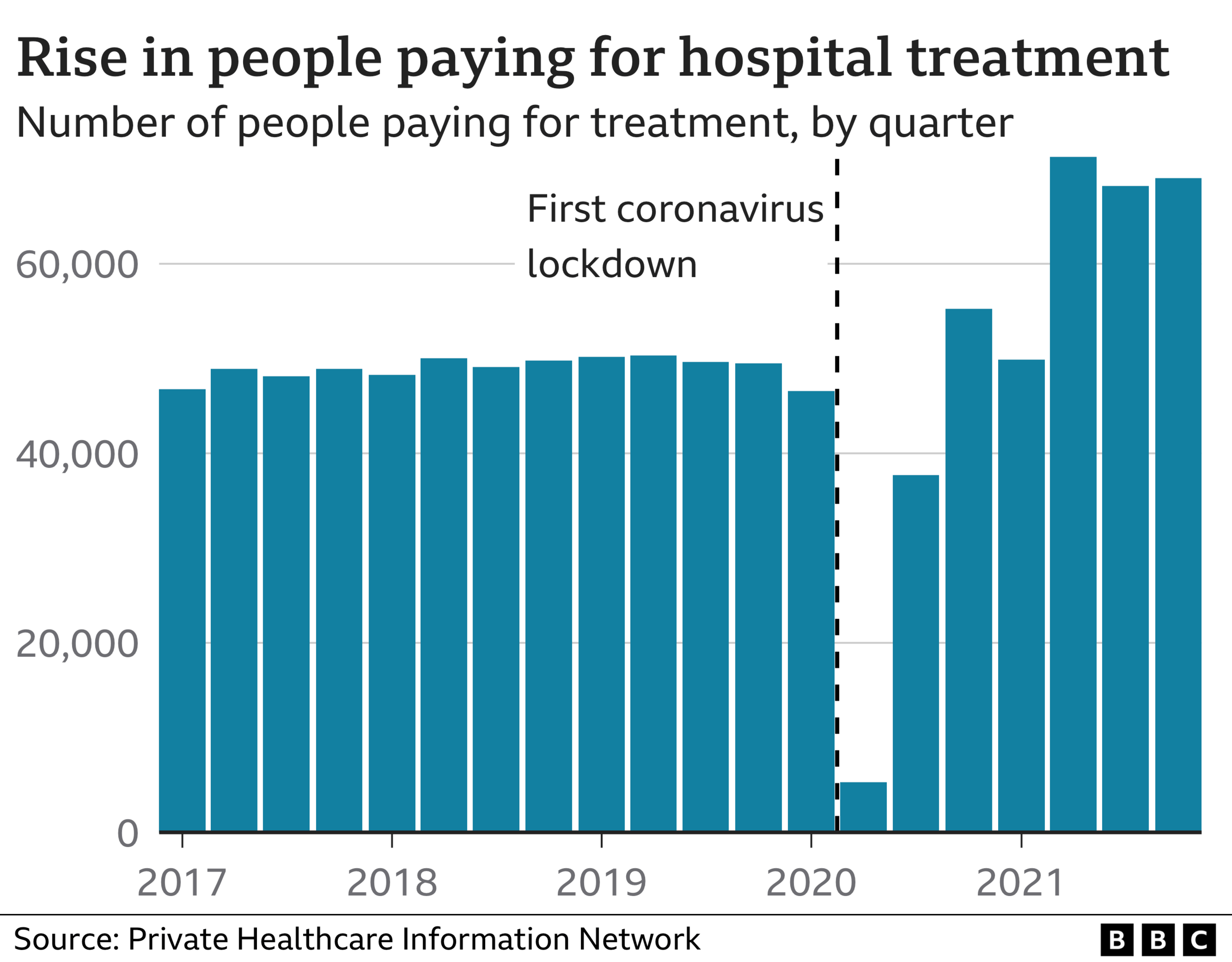
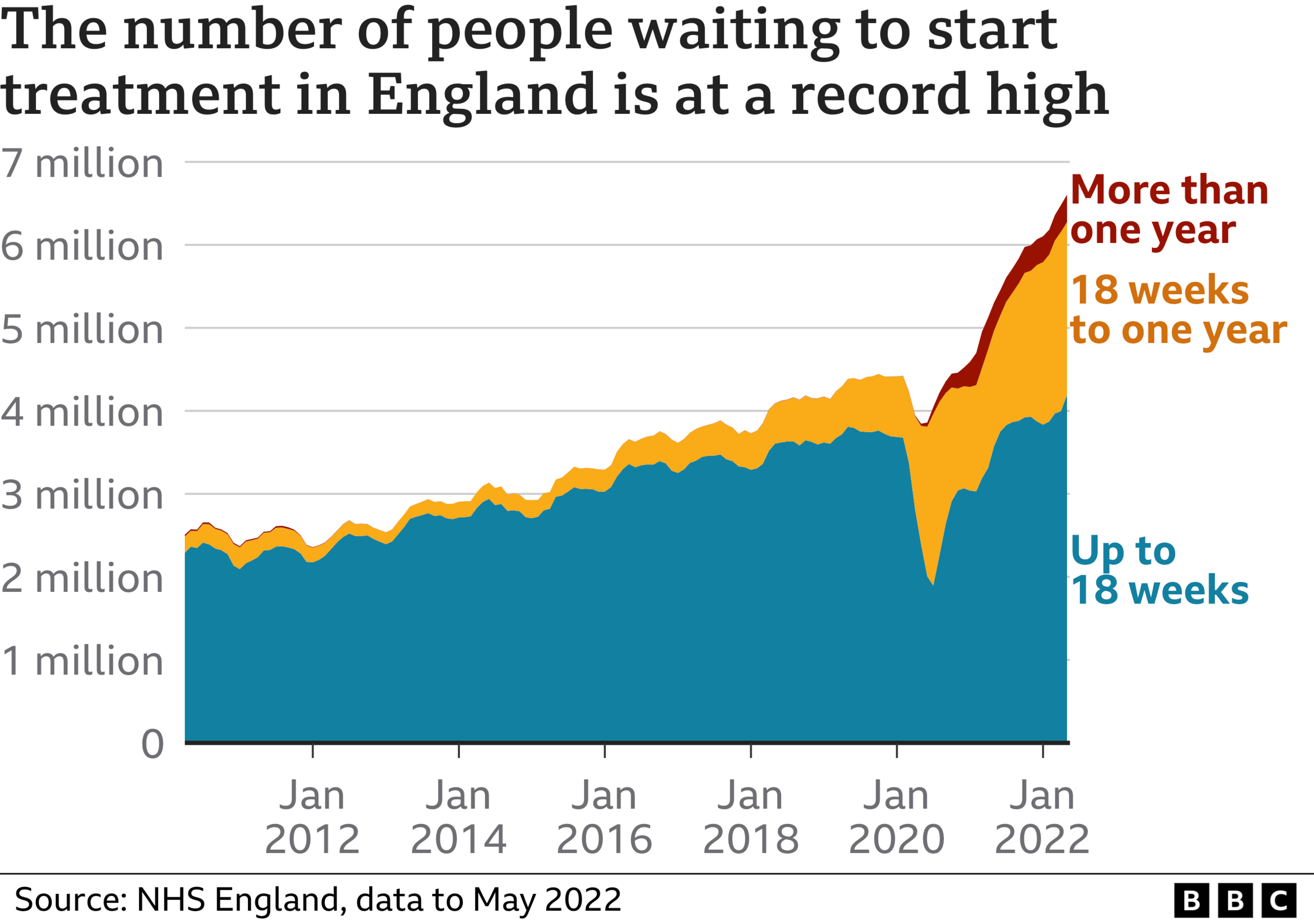
The PHIN data showed there were big variations in how much the levels of self-funded treatment had risen.
Comparing the last three months of 2021 with the same period in 2019, Wales and Scotland showed the biggest jumps at 90% and 84%. Northern Ireland rose by 34% in comparison - although some providers have not reported into PHIN yet so when more data is added the figure could be higher still.
In England, the East Midlands was the region that saw the biggest increase, up by 75%.
Overall the data shows clear drops in people self-funding when the pandemic hit. But before the pandemic the numbers were steady - with about 50,000 people paying for their own treatment every three months.
From April, about 70,000 people were self-funding every three months.
Some of this is likely to be the system catching up, given the drop in treatments during 2020.
But patient groups said it was also a clear sign of desperation, and another illustration of just how bad waiting lists had got in the NHS.

'I only got treatment because a stranger paid for it'
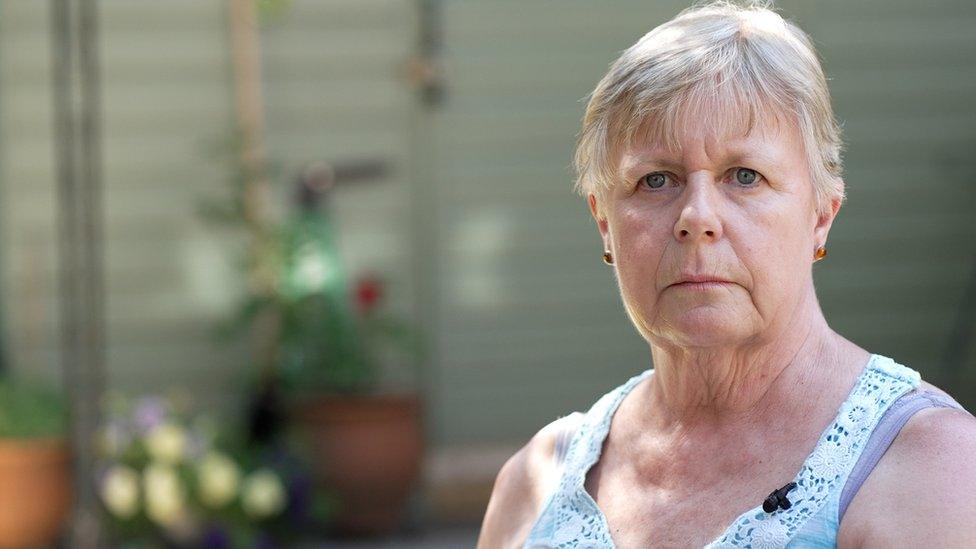
Brenda Pugh developed severe osteoarthritis in late 2019 and was told she needed a double hip replacement.
She got one on the NHS, but had to go private for the other. She was only able to do this after a person heard about her case when they saw her interviewed by the BBC last year.
She had the £11,000 operation in February and said it "absolutely changed my life".
But Ms Pugh, who is in her early 60s, said there were thousands of people in her position who were still suffering because they were unable to get treatment.
"It's not right. We've all paid our National Insurance contributions, we've all paid our dues and to not be able to get the treatment is just… immoral is probably quite a strong word but I'll use it."

Warning over health inequalities
Patient watchdog Healthwatch England said waits for treatment were one of the most common concerns flagged by patients, and warned the situation risked "widening health inequalities".
Chief executive Louise Ansari said for most people going private "simply isn't an option", especially with the cost-of-living crisis.
"People on the lowest incomes are the most likely to wait the longest for NHS treatment. This leads to a worse impact on their physical health, mental health and ability to work and care for loved ones."
Jonathon Holmes, of the King's Fund health think tank, said the figures were "worrying".
"The risk is we're left with a two-tier system where some people have to wait too long for care and others feel forced to bust the bank to get the care they need."
Mr Tim Mitchell from the Royal College of Surgeons of England told the BBC Today Programme that surgeons were working extremely hard to address the NHS backlog.
A spokesman for the Department of Health and Social Care said there was a clear plan to tackle the Covid backlog, with new surgical hubs and community diagnostic clinics being set up.
"Good progress is being made on cutting longest waiting times, with the number of patients waiting over two years for treatment falling by more than 80% since February," he added.

Have you paid for a private operation to avoid NHS waiting times? Tell us about it by emailing: haveyoursay@bbc.co.uk, external.
Please include a contact number if you are willing to speak to a BBC journalist. You can also get in touch in the following ways:
WhatsApp: +44 7756 165803, external
Tweet: @BBC_HaveYourSay, external
Or fill out the form below
Please read our terms & conditions and privacy policy
If you are reading this page and can't see the form you will need to visit the mobile version of the BBC website to submit your question or comment or you can email us at HaveYourSay@bbc.co.uk, external. Please include your name, age and location with any submission.

Related topics
- Published22 July 2022
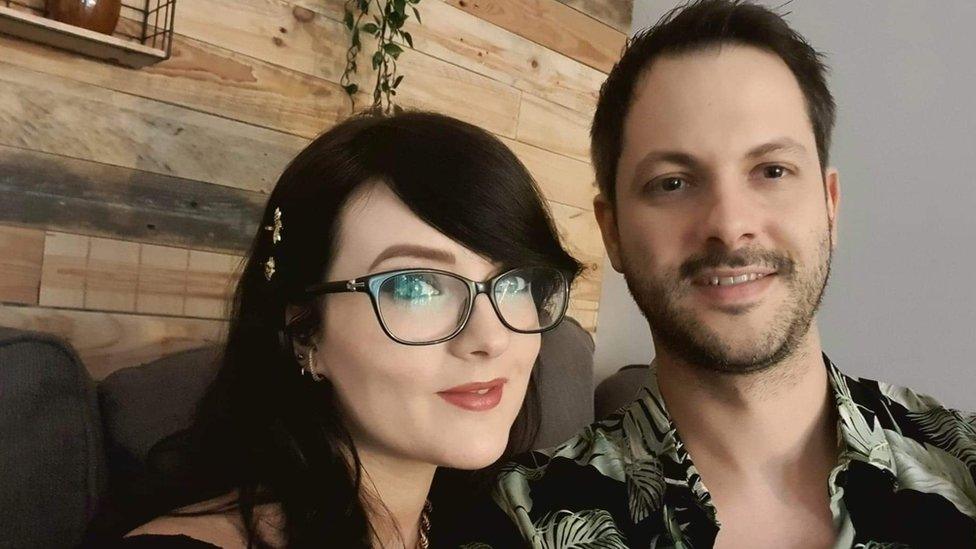
- Published7 January 2022
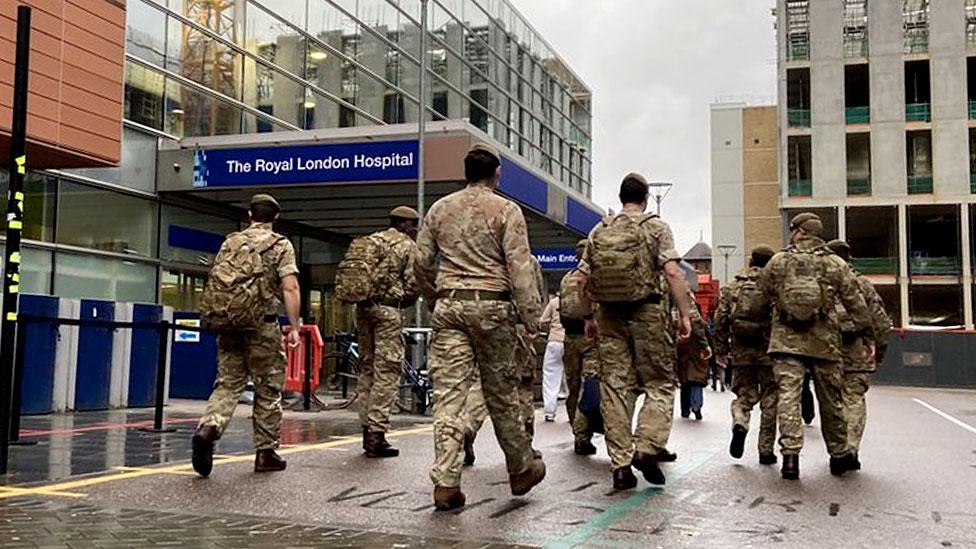
- Published5 July 2023
